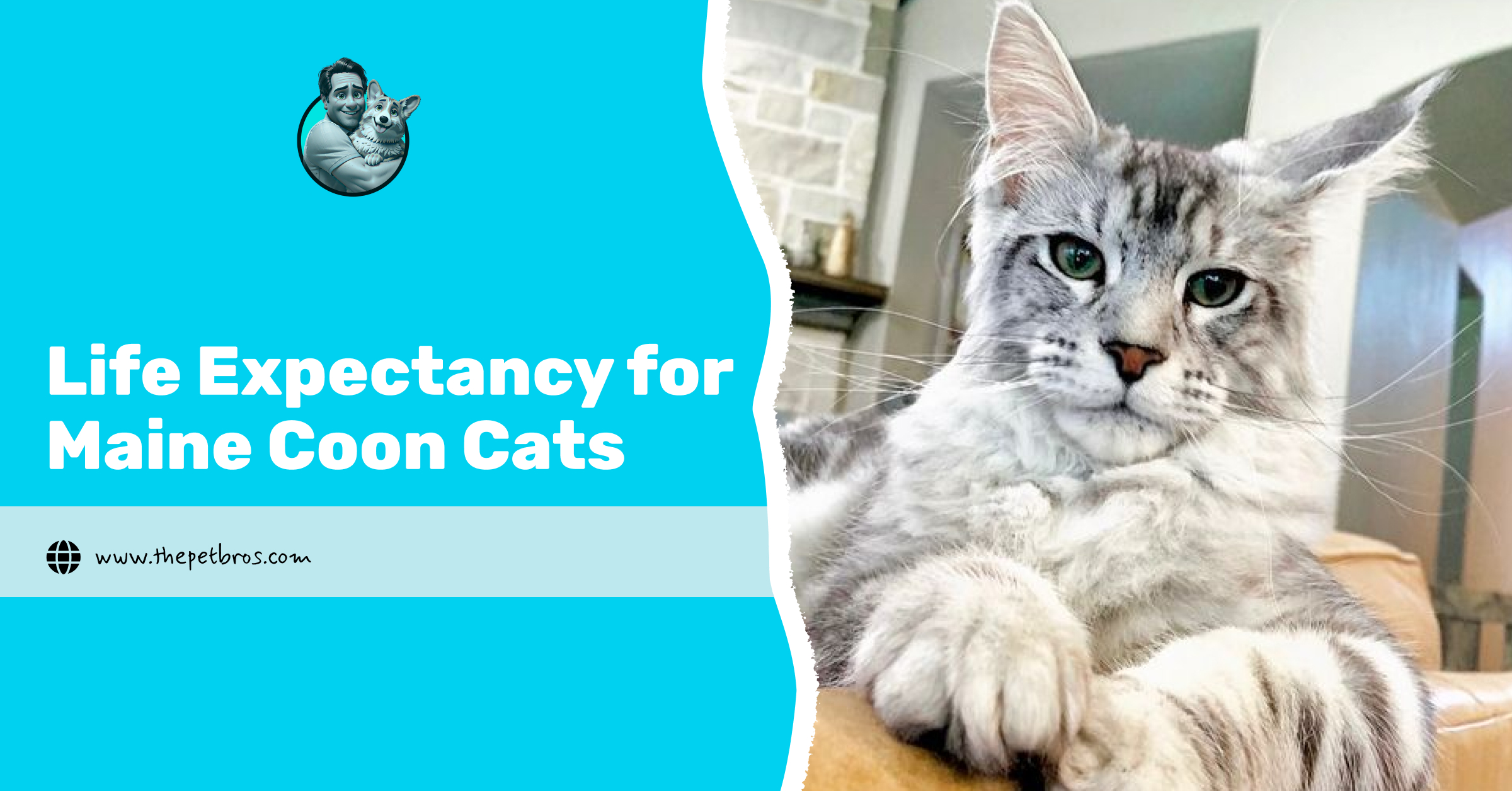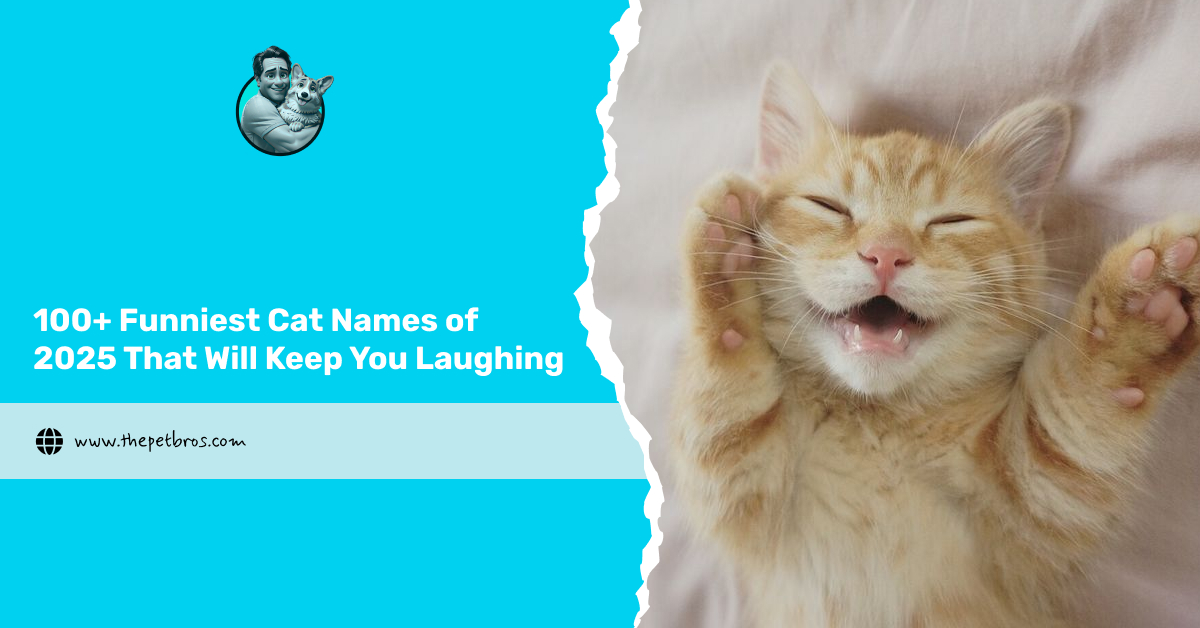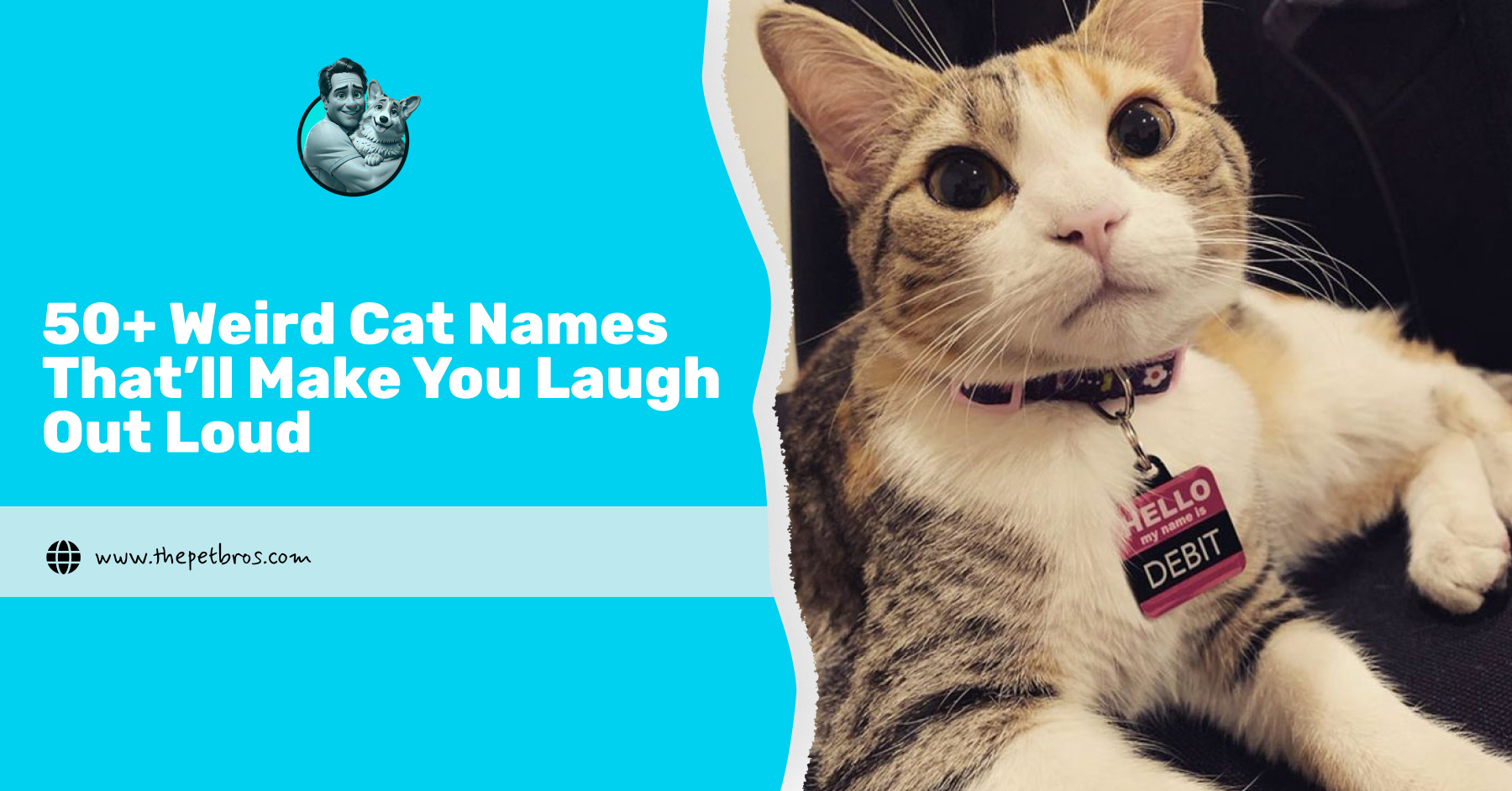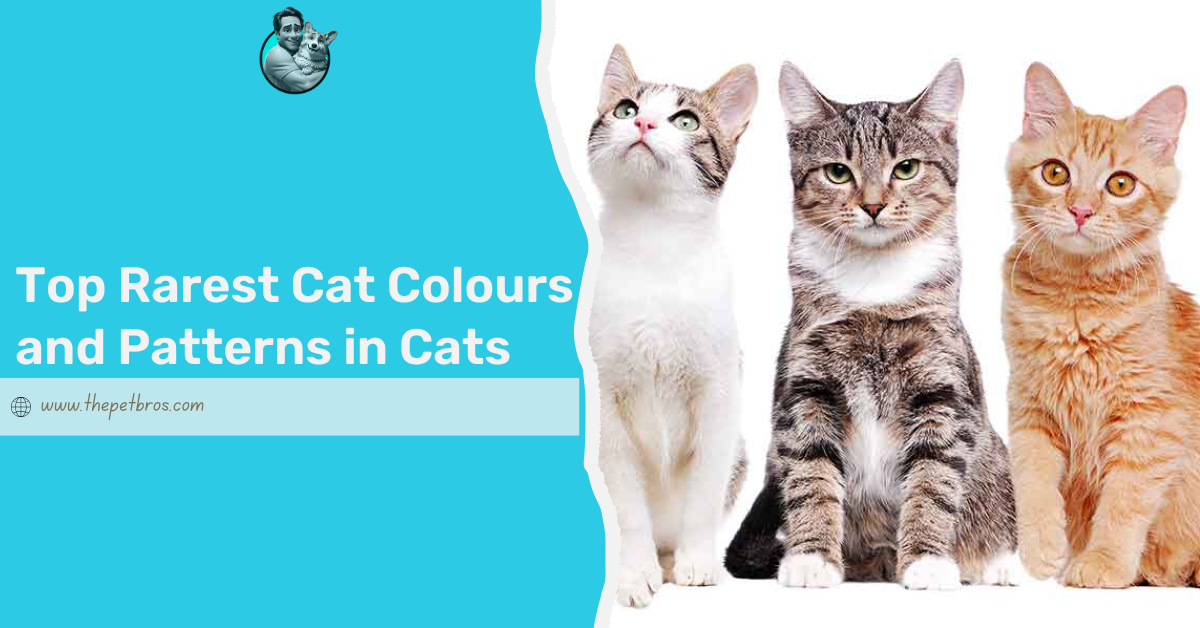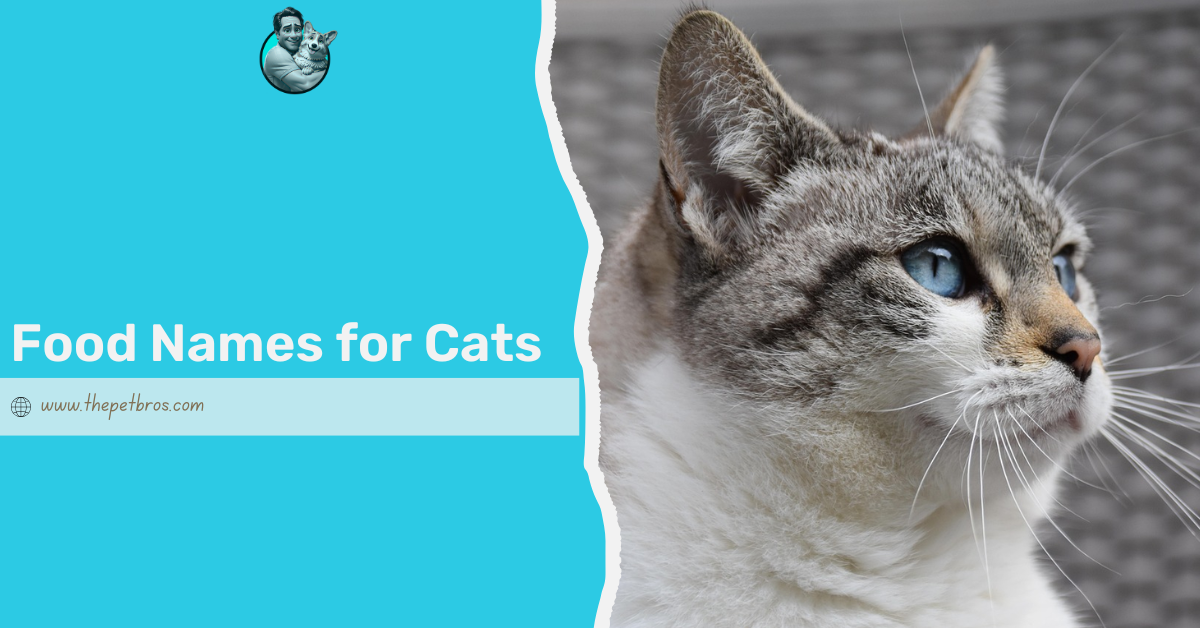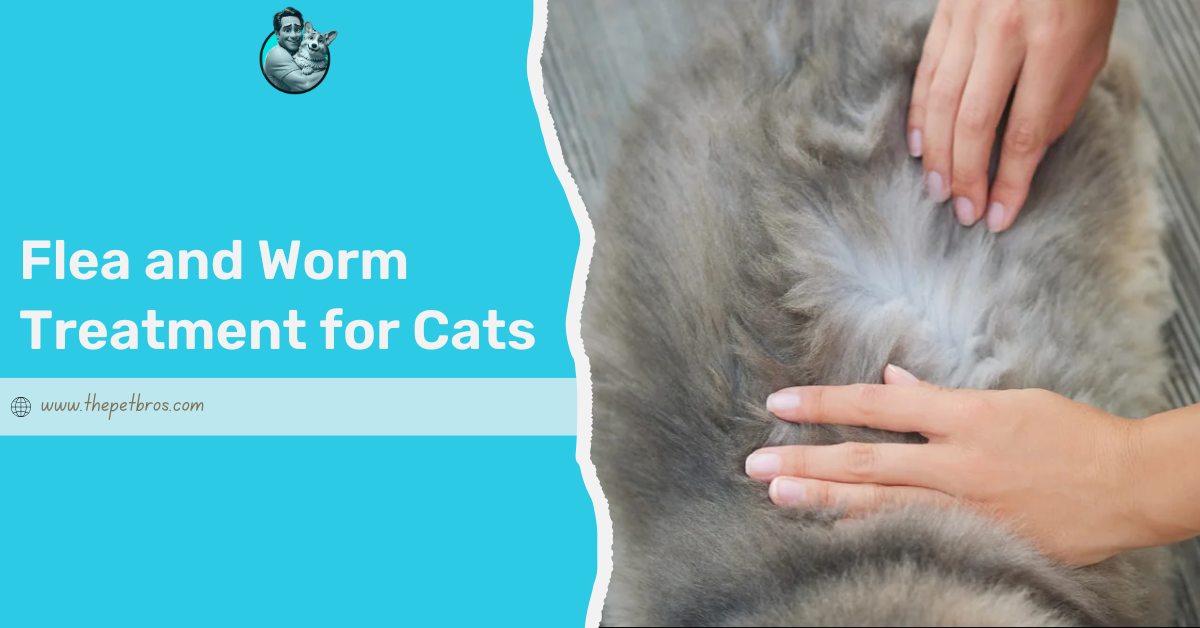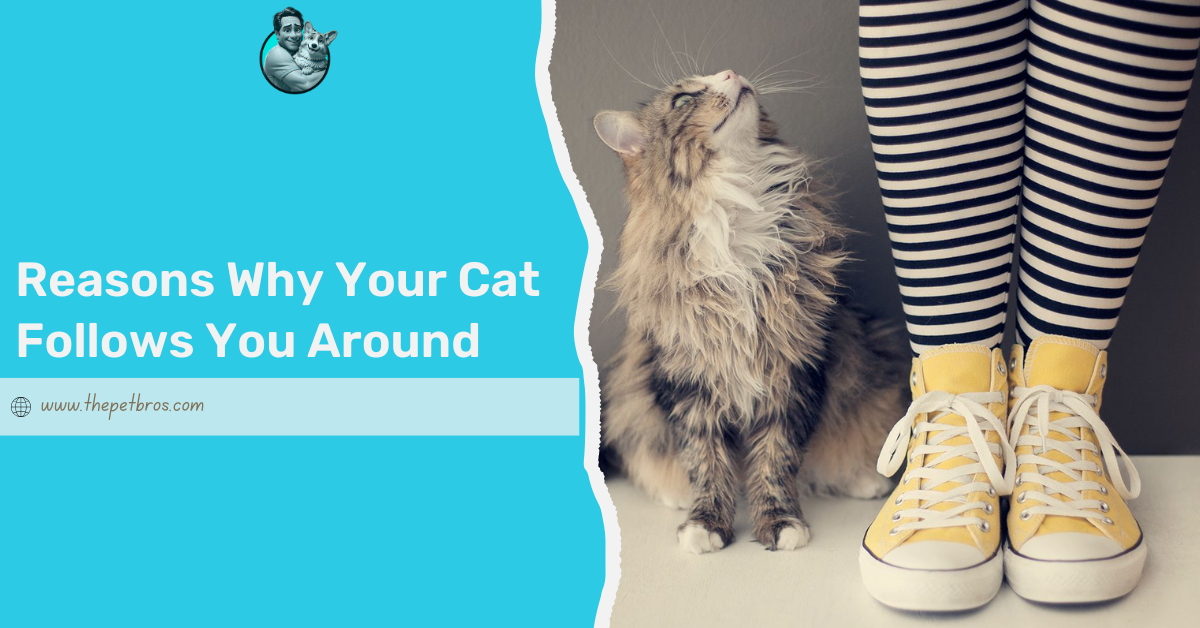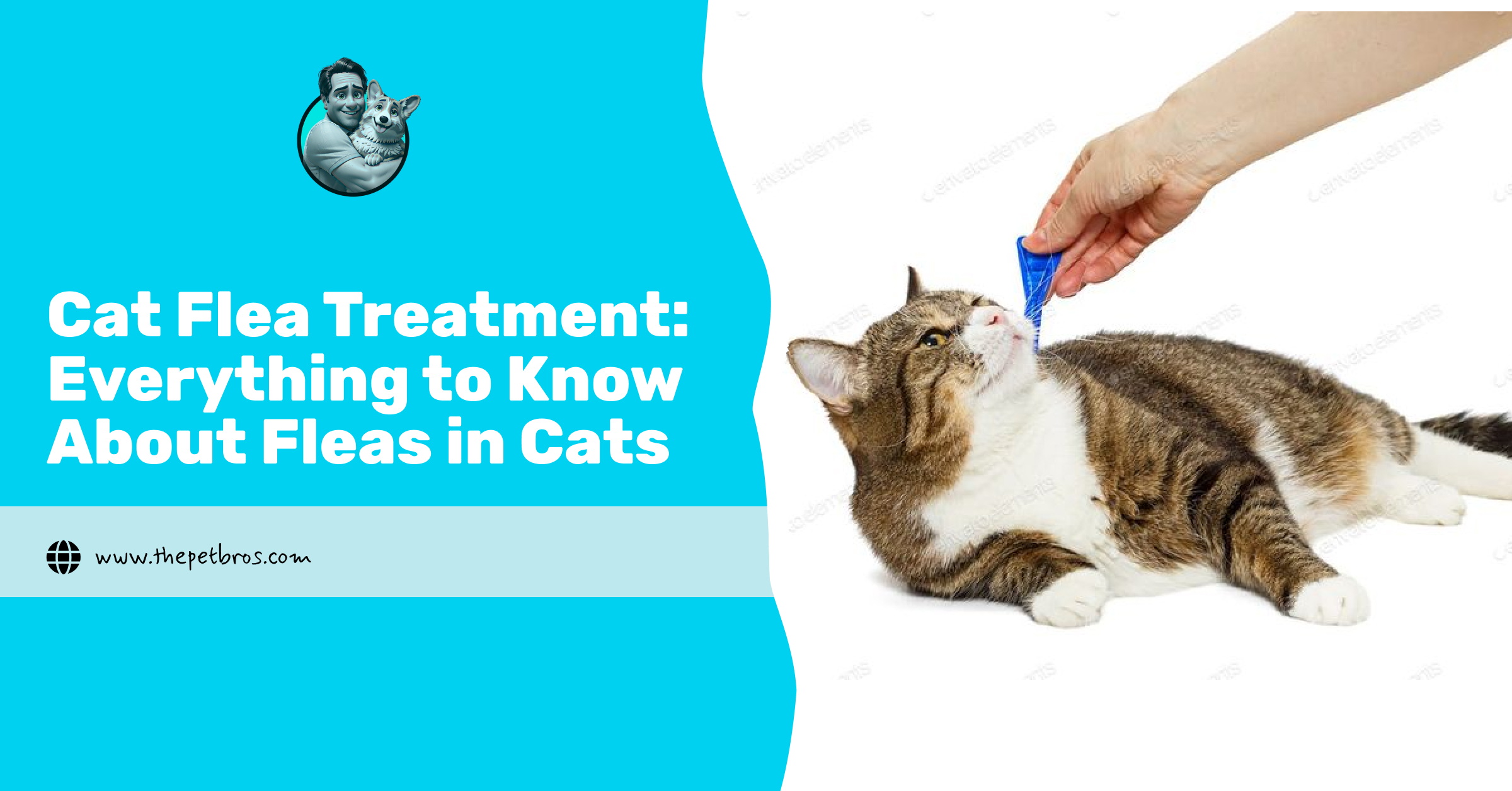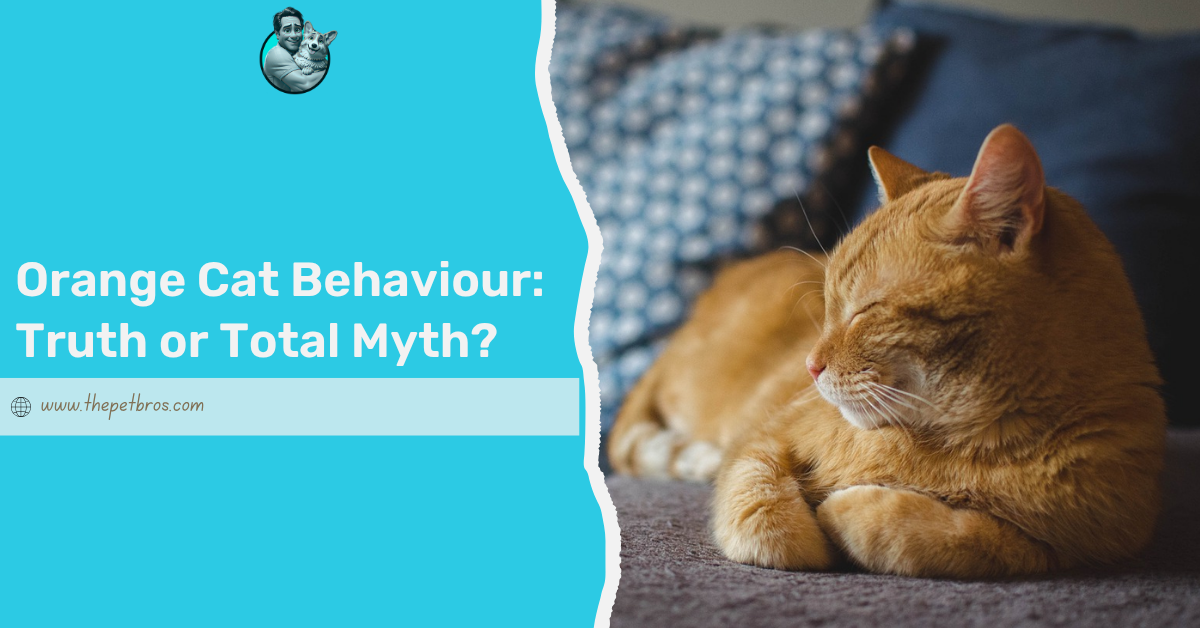If you’ve ever met a Maine Coon, you’ll know they’re not just any cat; they’re the gentle giants of the feline world. With their tufted ears, fluffy tails, and playful personalities, they look more like small forest creatures than house pets. But how long do these big-hearted cats actually live? The life expectancy for Maine Coon cats is typically between 9 and 13 years, though many can live well into their mid-teens with the proper care.
As one of the largest domestic cat breeds, Maine Coons have sturdy builds, but also certain health risks that owners need to be aware of. In this article, we explore how lifestyle, genetics, and good habits can extend your Maine Coon’s life.
Understanding the Life Expectancy for Maine Coon Cats
Maine Coon cats are built to last, with strong bones, thick coats, and a playful streak that never seems to fade. On average, the life expectancy for Maine Coon cats sits between 9 and 13 years, though many healthy ones live beyond 15 with proper care. That’s quite a long time.
Several factors affect how long these gentle giants stick around, such as genetics, diet, and whether they live indoors or outdoors. Males are usually larger and can experience more strain on their joints, while smaller females often stay spry well into their senior years.
Their ancestry also plays a part: Maine Coons were bred to survive harsh New England winters, which means they’re tougher than they look. They’ve survived freezing Maine winters and adapted to cosy city flats. And honestly, if you’re learning everything you need to know about Maine Coon cats, the longevity of their lifespan is where the story truly begins.
5 Common Health Issues That Affect the Life Expectancy for Maine Coon Cats
Even the strongest cats have their weak spots, and Maine Coons are no exception. Their size and genetics make them unique, but they also make them prone to a few specific health issues:
- Hypertrophic Cardiomyopathy (HCM): This is a hereditary heart condition found in many large breeds. An annual heart scan can catch early signs of heart disease in your cat before they become serious.
- Hip Dysplasia: Because of their sturdy build, Maine Coons can develop joint issues over time. If your cat hesitates to jump or climb, it might be time for a vet visit. Early detection is key, as maintaining a healthy weight and providing joint supplements can greatly ease discomfort.
- Spinal Muscular Atrophy (SMA): This affects muscle coordination, but with proper management, most cats still live full, active lives.
- Polycystic Kidney Disease (PKD): A simple ultrasound or routine check-up can help detect it early. Keeping your cat well-hydrated is key.
- Dental Disease: Dental Disease: You’d be surprised how much a toothache can affect a cat’s health. Left untreated, dental pain can lead to eating difficulties and even impact the heart or kidneys. Regular brushing and dental treats help prevent infections that could spread elsewhere.
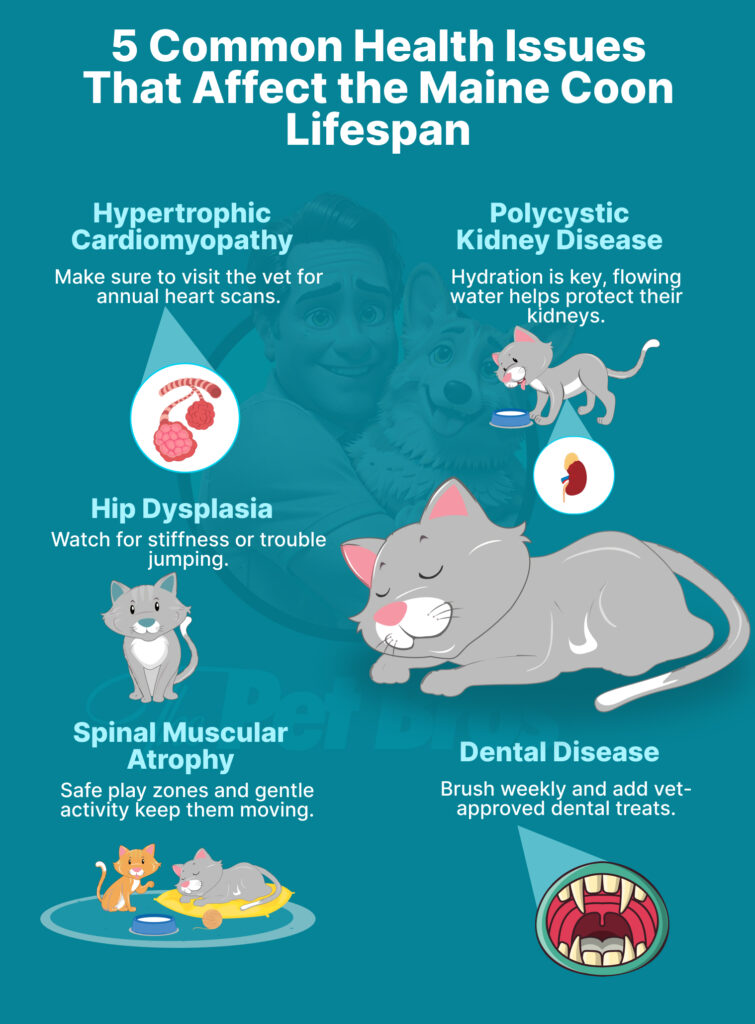
Caring for Maine Coons to Improve Life Expectancy
To improve the life expectancy for Maine moon cats, nutrition comes first. High-quality, protein-rich meals with omega-3s keep their heart and coat in top shape. But watch what ends up in their bowl. Cats should never eat onions, grapes, or caffeine, no matter how curious they look when you’re snacking. These foods can be toxic. In fact, there are several other toxic foods that cats must avoid.
Exercise is the next secret to a long, happy life. Maine Coons aren’t lazy, but they do love their comfort. Two short play sessions a day, chasing toys, or ambushing your socks help them stay strong. Keep their surroundings clean and watch for respiratory issues such as wheezing, sneezing, or heavy breathing. Good air circulation, regular grooming, and annual vet check-ups will also go a long way in keeping their lungs healthy.
Finally, a happy cat has bright eyes, a relaxed tail, and a slow, confident blink. They’ll chirp when they’re excited, flop beside you for attention, and follow you everywhere, even to the loo.
How Do You Tell if Your Maine Coon is Ageing Well?
A happy, healthy senior Maine Coon still has that spark, bright eyes, a soft purr, and a steady appetite. They may nap more and move more slowly, but they’ll still greet you with gentle head bumps and follow you around for company. Keep their diet balanced, schedule regular vet checks, and make their space comfy for those long naps. Incorporate the proper care, and your Maine Coon will age gracefully for many years.
Life Expectancy for Maine Coon Cats FAQs
Do Maine Coon cats have any health issues?
Yes, they can develop conditions like hypertrophic cardiomyopathy and hip dysplasia, but regular screenings and a balanced diet can reduce risks.
Is 13 old for a Maine Coon cat?
Not necessarily. Many Maine Coons stay healthy and active well into their early to mid-teens with proper care.
What affects a Maine Coon’s lifespan?
Genetics, nutrition, exercise, and preventive veterinary care are the biggest factors. Indoor cats usually outlive outdoor ones.
How can I help my Maine Coon live longer?
Feed them high-quality food, encourage play, maintain a healthy weight, and never skip yearly check-ups. A happy, active cat is a long-lived one.






